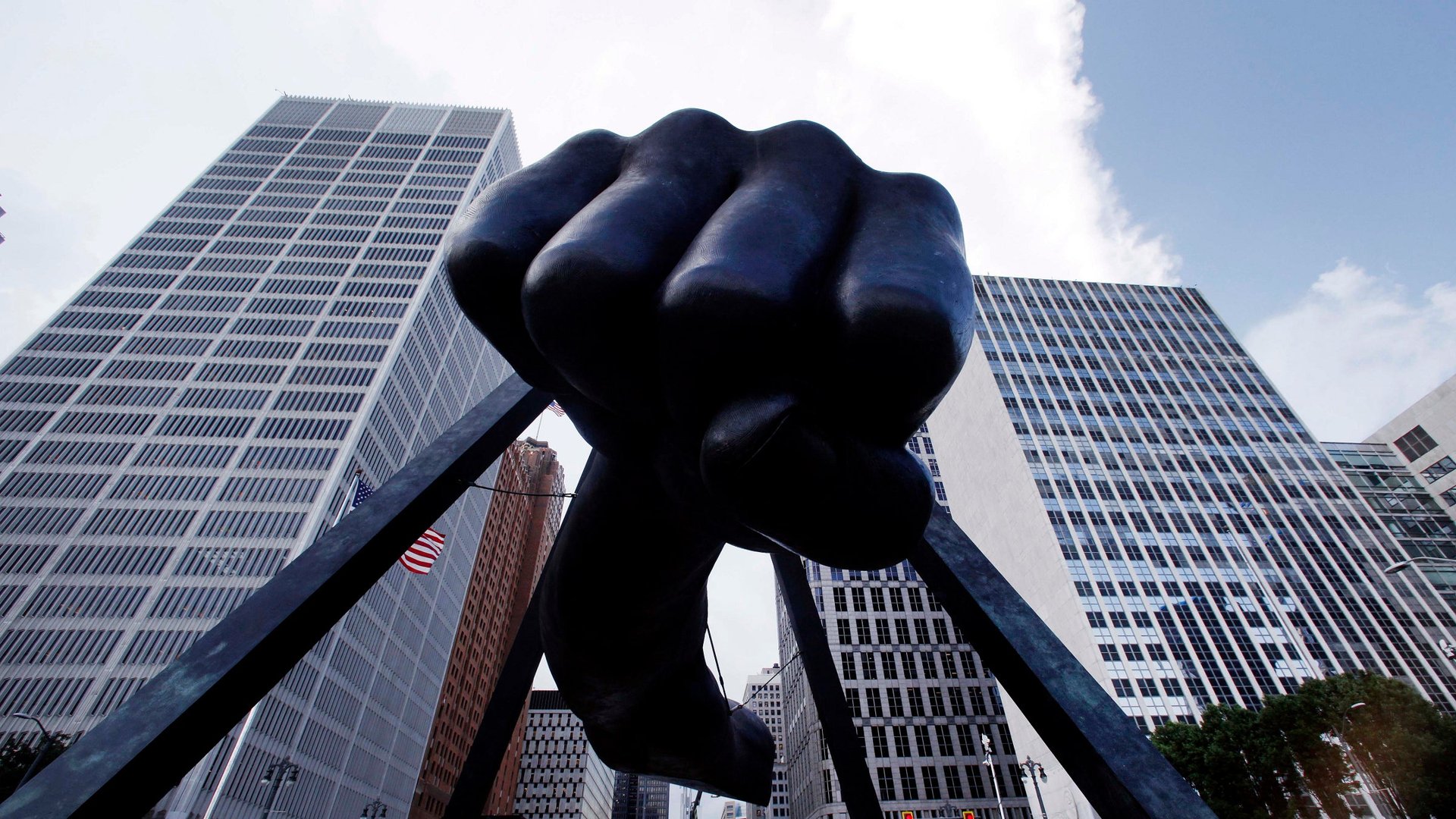How Europe’s financial crisis is slowing down Detroit’s bankruptcy
When Detroit’s bankruptcy was imminent this summer, hedge funds were aching for the chance to snap up $1 billion of the city’s debt sitting on the balance sheets of European financial institutions. If the funds could buy it on the cheap and cut a deal with the city, they stood to make a tidy profit.


When Detroit’s bankruptcy was imminent this summer, hedge funds were aching for the chance to snap up $1 billion of the city’s debt sitting on the balance sheets of European financial institutions. If the funds could buy it on the cheap and cut a deal with the city, they stood to make a tidy profit.
But typically cautious European banks are taking the unusual step of playing the distressed debt game themselves, fighting Detroit emergency manager Kevyn Orr in Michigan bankruptcy court to protect their debt. They hoped to drive up the price before selling it to hedge funds that specialize in multi-year negotiation-and-litigation battles of this nature.
Detroit’s bankruptcy comes after years of shrinking population and unsustainable borrowing, but the straw that broke the camel’s back was a deal made by Detroit Mayor Kwame Kilpatrick in 2005 to borrow money to fund the city’s pensions, while at the same time entering into an interest rate swap with UBS and Bank of America. Detroit wound up on the wrong end of the swap, owing $770 million after interest rates plunged. Meanwhile, European banks like Dexia, Commerzbank and Depfa wound up with Detroit’s defaulted debt on their books.
The banks are hoping to get about 46 cents on the dollar for their debt, with the funds bidding around 40. But most would prefer to purchase the debt, which rests on somewhat shaky legal foundations, for 30 cents on the dollar.
Thanks to the European financial crisis, many of these banks are under pressure from regulators to protect their balance sheets. That’s given them an extra incentive to fight for the highest value on their bonds, even if it’s out of their normal milieu.
Looking at it that way, it’s a reminder that the consequences of globalization are far-reaching and unexpected. The defaults of Greece and Detroit are often compared superficially, but few expected that the costs of Europe’s debt problems would be felt on the troubled streets of Detroit.